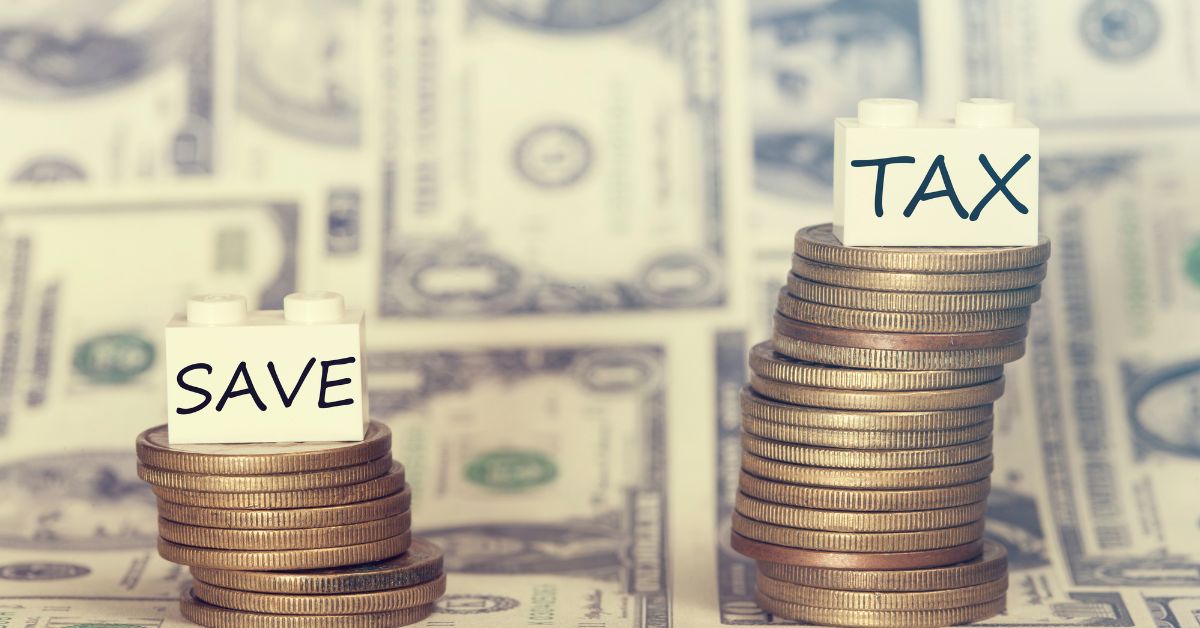
In my 40-plus years of tax planning, I’ve learned that some business owners pay much less in taxes than others—even if they make the same amount of money!
But wait…that’s not fair, is it? Well, of course it is—they do everything legally. They’re just the “smart” business owners.
I’ve heard it said, “You need to pay your taxes, but you don’t need to leave a tip.” Unfortunately, far too many business owners pay much more than they need to in taxes each year because they’re “too busy” or “have a good tax preparer.”
What they don’t understand is that there is very little that can be done after December 31st to cut their tax bill. All a tax preparer can do at that point is report their information in a way that minimizes their tax liability as much as possible.
You don’t want to be one of those business owners, do you?
Then you need to take tax planning seriously. After all, tax planning is one of the very few guarantees business owners have. You tax plan, you save on taxes. Simple!
Why Does Tax Planning Work?
Tax planning gives you an enormous advantage because it allows you to be proactive rather than reactive.
A tax planner will sit down with your year-to-date income, estimate income and expenses until the end of the year, create an individual plan with all kinds of tax-saving ideas, and help you identify the best strategy for your business to save as much money as possible.
No one can tell you how much money tax planning will save you, but I guarantee my clients at least four times the cost of my fee. If I don’t think tax planning will save you that much money, I’ll tell you it’s not worth it!
5 Things Smart Business Owners Do Differently
Do you want to be one of the “smart” business owners who save thousands on taxes every year? Adopt these five crucial tax planning habits:
1. Call Your Tax Advisor Before Making Major Financial Decisions
Consulting your tax advisor before making a major money decision could be the difference between a savvy financial move and a blunder that costs you a fortune.
I once had a client who took money out of his pension plan once he turned 59, simply because his golf buddy told him he could. Little did he know that the withdrawal age was actually 59½.
Had he just called me to confirm, I would have told him to wait six months, and he wouldn’t be out thousands of dollars in penalties!
2. Keep Good Accounting Records
If you don’t have good accounting records, I can almost guarantee that you’re overpaying on taxes.
After all, you can’t claim business expenses if you don’t keep track of them, and if you want to avoid trouble with the Internal Revenue Service (IRS), you need the necessary documentation to support your deductions.
Record the cash you spend, keep your receipts organized, and track the items paid for out of your personal bank account.
3. Get Your Files to Your Tax Preparer Early
If you’re going to wait until April to bring a complicated return to your tax preparer, you’re better off filing an extension. Your tax preparer needs ample time to thoroughly and accurately file your return, as mistakes are almost always made on the returns filed days before the deadline.
If you’ve already filed an extension, it’s even more crucial that you get your documents over to your tax preparer months in advance. You can’t file another extension once October arrives!
4. Put Money Aside for Taxes
If you know your business is going to make a certain amount of money by year’s end, you need to put the appropriate amount of income aside each month for taxes.
The last thing you want is for April to roll around and be blindsided by an enormous tax bill that becomes a financial burden for your business.
5. Have a Basic Understanding of Tax Law
You don’t have to be a business owner by day and a tax advisor by night, but all business owners should have at least a basic understanding of tax law and structure their businesses accordingly.
If nothing else, you should know two things—which information you need from your tax preparer and which information you need to provide.